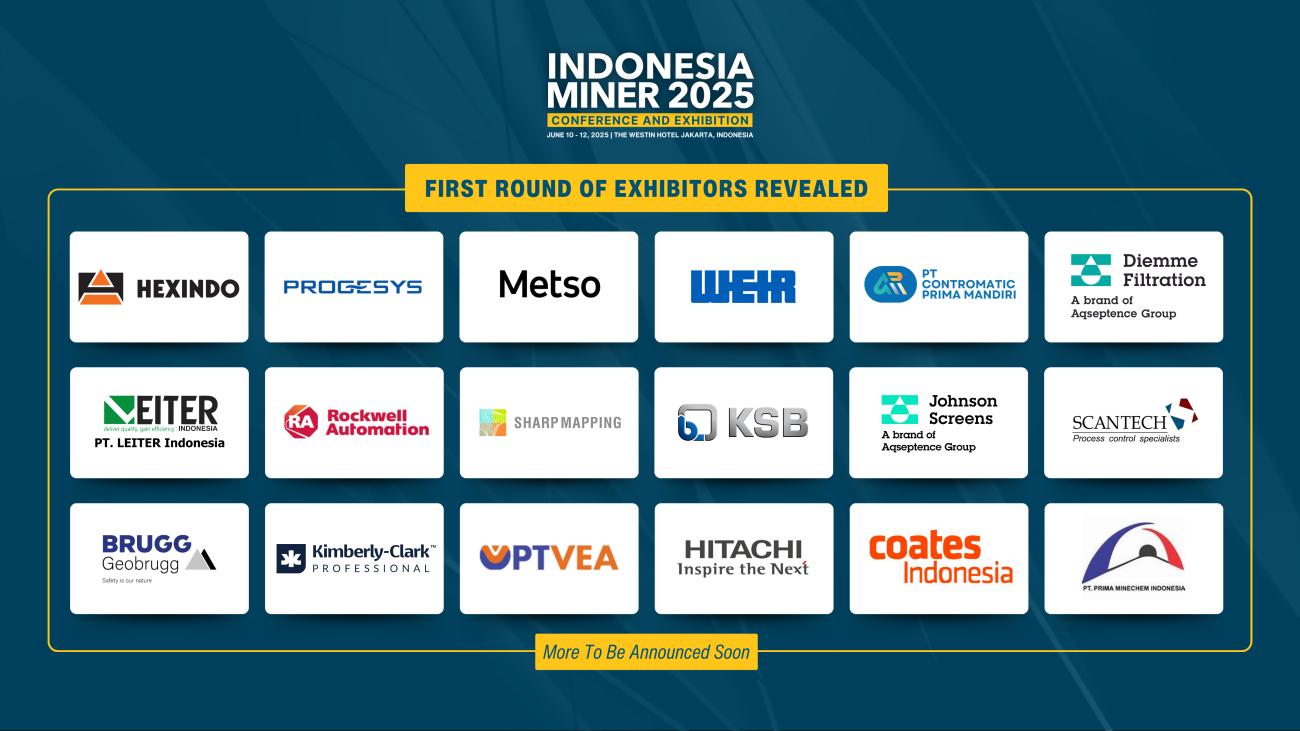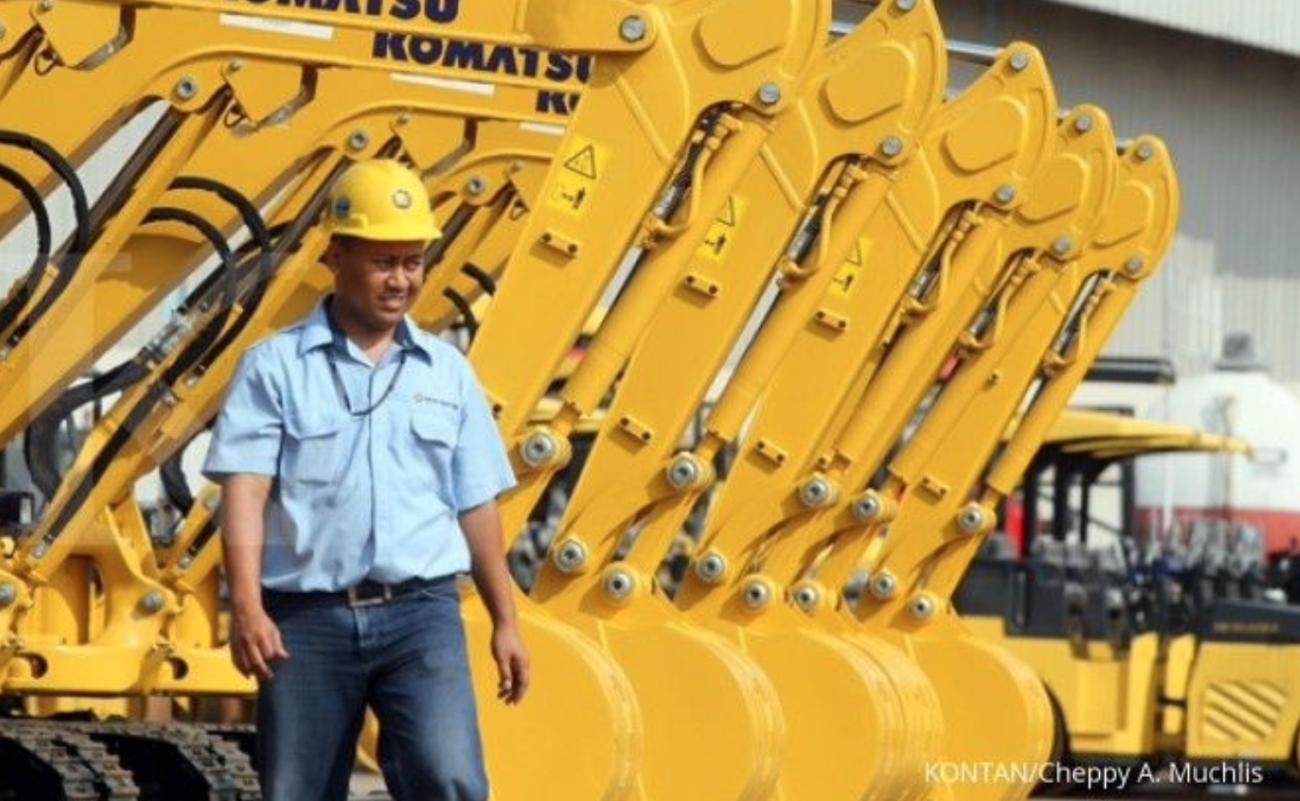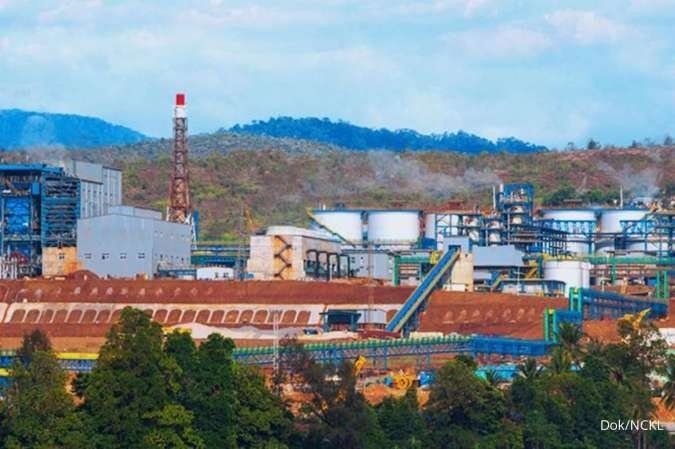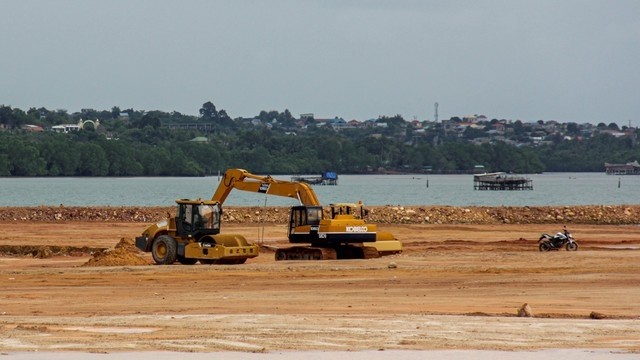Chinese investment in Indonesia jumped in the third quarter driven by demand for raw materials used in manufacturing and Jakarta’s campaign to process more minerals at home before export.
Foreign direct investment from China to Southeast Asia’s biggest economy reached US$1.56 billion between July and September, according to data from the Indonesian Ministry of Investment, a steep rise from US$595.61 million in the same period last year.
More than 1,150 new Chinese investment projects were recorded in the last quarter, official data showed. Analysts said most were for downstream projects, refining minerals such as nickel before sale back to factories in China.
“A key area of investment by Chinese firms is into Indonesia’s nickel smelting and downstream processing industries,” said Rajiv Biswas, Asia-Pacific chief economist with S&P Global Market Intelligence.
Chinese investments totalled US$3.6 billion from January until June, up from US$1.7 billion in the first half of 2021, ministry data showed. China is Indonesia’s second-largest foreign investor after Singapore.
China leans heavily on imports from Indonesia – a major exporter of coal, palm oil, nickel and other raw materials – to sustain its manufacturing output, including steelmaking, which was worth US$4.87 trillion last year.
China, known as the world’s factory, accounted for nearly 30 per cent of global manufacturing output last year, an official from the Chinese Ministry of Industry and Information Technology told state-run media in August.
Trade between Indonesia and China rose by 28.8 per cent in the first nine months of this year, led by Indonesian exports of base metals, coal and natural gas.
Indonesia began squeezing exports of raw materials under former president Susilo Bambang Yudhoyono, who was in office between 2004 and 2014, and the policy has been continued by current President Joko Widodo.
Image source: AFP








